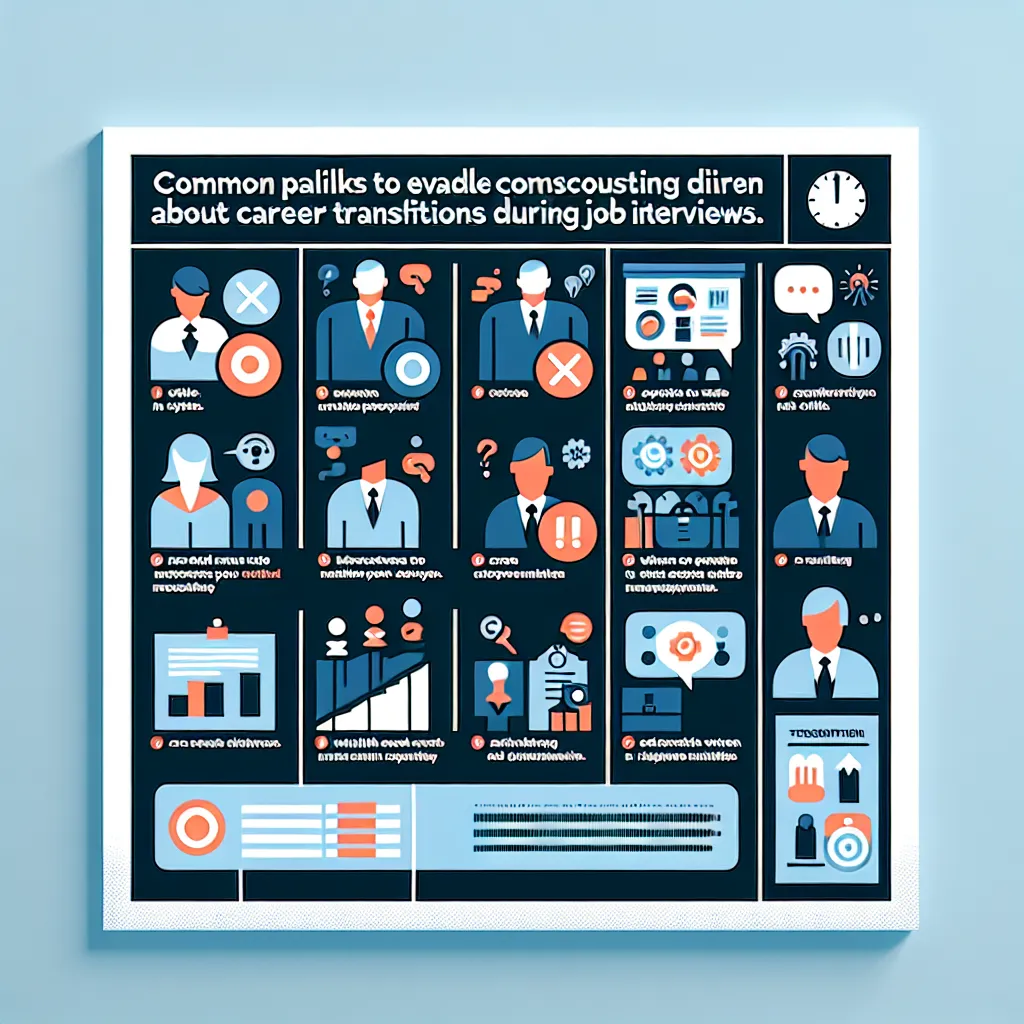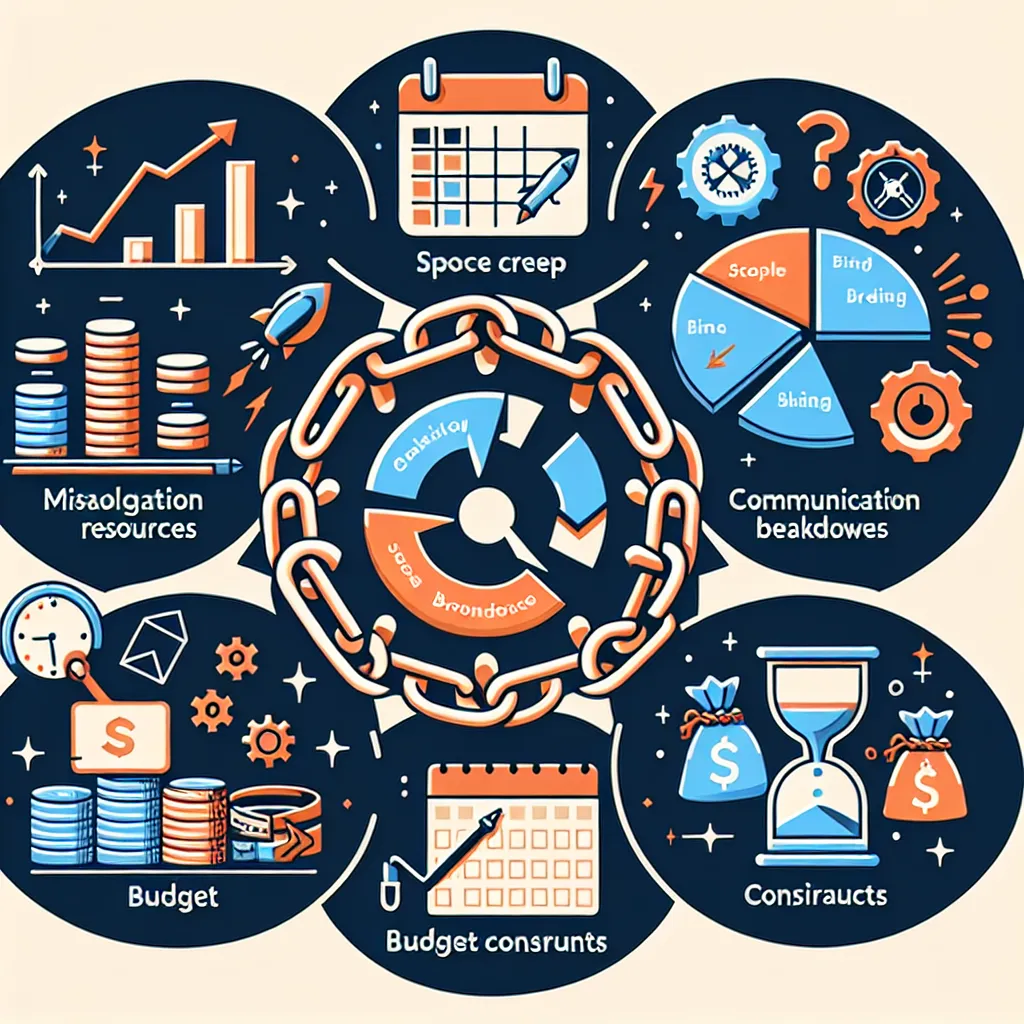Career transitions can be challenging, especially when you need to explain them in English during a job interview. Whether you’re switching industries, seeking a promotion, or returning to work after a break, it’s crucial to articulate your reasons and motivations clearly. This guide will help you navigate these potentially tricky interview questions with confidence and professionalism.
Understanding Career Transition Questions
Career transition questions are designed to assess your decision-making process, adaptability, and long-term career goals. Interviewers want to understand the rationale behind your career moves and ensure that you’re committed to the new role you’re applying for.
Common Perspectives of Interviewers
When asking about career transitions, interviewers typically evaluate:
- Your motivation for change
- The relevance of your past experience to the new role
- Your ability to adapt to new environments
- Your long-term career vision
- Your commitment to professional growth
Understanding these perspectives will help you frame your answers more effectively.
 Career Transition Interview
Career Transition Interview
Common Career Transition Questions and Sample Answers
Let’s explore some frequently asked questions about career transitions and how to answer them effectively.
1. “Why are you looking to change careers?”
Sample Answer: “After five years in marketing, I’ve developed a strong interest in data analytics. I’ve been taking online courses in data science and have found that my analytical skills from marketing translate well into this field. I’m excited about the opportunity to apply my communication skills to data-driven decision-making in your company.”
2. “How does this position fit into your career goals?”
Sample Answer: “My long-term goal is to become a leader in sustainable energy solutions. This role in your renewable energy division aligns perfectly with that goal. It allows me to apply my engineering background while learning about cutting-edge green technologies, which I believe is crucial for my career progression in this field.”
3. “What skills from your previous career do you think will be most transferable?”
Sample Answer: “In my previous role as a teacher, I developed strong communication, problem-solving, and project management skills. These are all highly transferable to the project coordinator position I’m applying for. My ability to break down complex information for diverse audiences will be particularly valuable in coordinating between technical teams and stakeholders.”
4. “How do you plan to address the learning curve in this new field?”
Sample Answer: “I’m committed to a smooth transition. I’ve already started familiarizing myself with industry-specific software through online courses. I plan to leverage my quick learning abilities, ask questions when needed, and possibly find a mentor within the company. Additionally, I’m prepared to put in extra hours initially to ensure I get up to speed quickly.”
5. “Why did you choose our company for this career transition?”
Sample Answer: “I’ve been following your company’s innovative work in AI for healthcare, and it aligns perfectly with my goal of using technology to improve patient outcomes. Your recent project on predictive analytics for early disease detection particularly inspired me. I believe my background in healthcare administration, combined with my recent data science training, makes me well-suited to contribute to such impactful projects.”
Tips for Answering Unexpected Career Transition Questions
Sometimes, you might encounter questions that you’re not fully prepared for. Here are some strategies to handle unexpected questions:
- Stay calm and take a moment to think before answering.
- If you’re unsure, it’s okay to ask for clarification.
- Draw from your preparation and try to relate the question to aspects of your transition you’ve already thought about.
- Be honest if you don’t know something, but express your eagerness to learn.
- Always bring the conversation back to how you can add value to the company.
Common Mistakes to Avoid When Discussing Career Transitions
When explaining your career transition, be careful to avoid these common pitfalls:
- Speaking negatively about past employers or roles
- Appearing indecisive or unsure about your career direction
- Focusing too much on personal reasons rather than professional growth
- Undervaluing your past experiences
- Overemphasizing salary or benefits as motivation for the change
Instead, focus on the positive aspects of your decision, your enthusiasm for the new role, and how your unique background adds value to the position.
 Career Transition Mistakes
Career Transition Mistakes
Additional Follow-up Questions and Suggested Responses
Here are some follow-up questions you might encounter, along with tips on how to answer them:
-
“How have you prepared for this career transition?”
Tip: Highlight any courses, certifications, or self-study you’ve undertaken. -
“What challenges do you anticipate in this new role?”
Tip: Show awareness of potential difficulties but emphasize your strategies to overcome them. -
“How do you see your career progressing in this new field?”
Tip: Outline a realistic career path that aligns with the company’s structure. -
“Can you give an example of how you’ve successfully adapted to change in the past?”
Tip: Use the STAR method (Situation, Task, Action, Result) to structure your response. -
“What aspects of your previous career will you miss the most?”
Tip: Mention positive aspects but relate them to exciting elements of the new role. -
“How do you plan to build new professional relationships in this industry?”
Tip: Discuss networking strategies and your openness to mentorship. -
“What excites you most about this career change?”
Tip: Show genuine enthusiasm and link it to the company’s mission or projects.
For more insights on handling specific interview questions, you might find our article on how to answer “Why are you interested in this position?” in English helpful. Additionally, for tips on explaining your overall career journey, check out our guide on how to explain job changes in an interview.
Conclusion
Explaining career transitions in English during an interview can be challenging, but with proper preparation and the right approach, you can turn your diverse experiences into a compelling narrative. Remember to focus on the positive aspects of your transition, emphasize your transferable skills, and show genuine enthusiasm for the new opportunity. By following these guidelines and practicing your responses, you’ll be well-equipped to handle career transition questions with confidence and clarity.
We encourage you to share your experiences or ask any questions about career transitions in the comments below. For more interview tips and English language resources, explore our other articles on LearnEnglish.NET.




